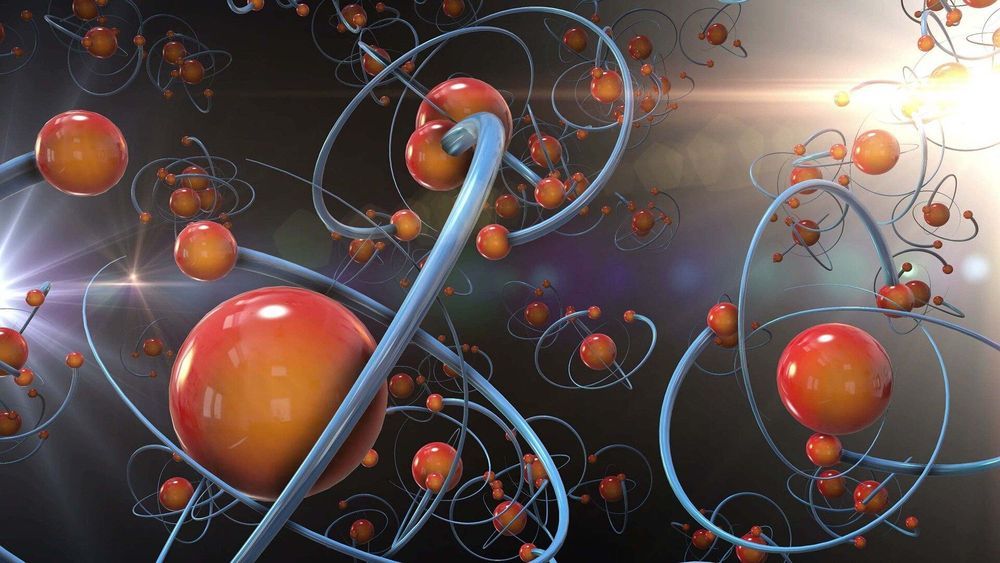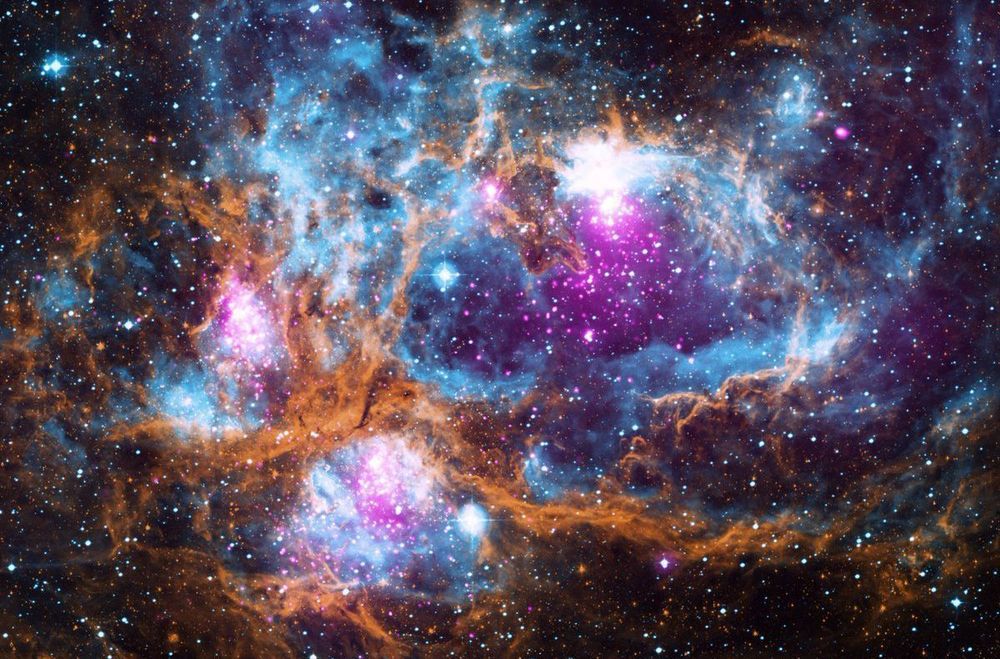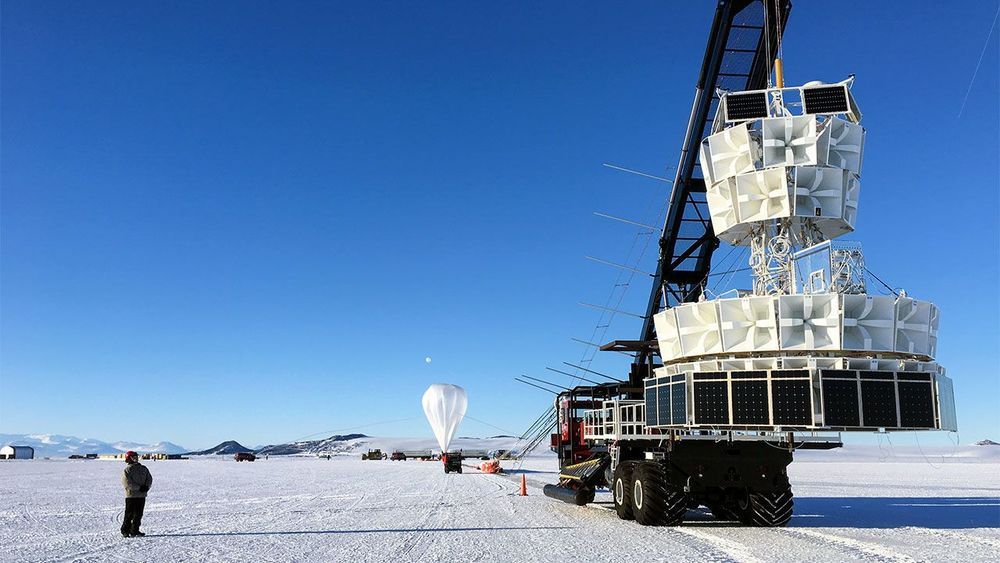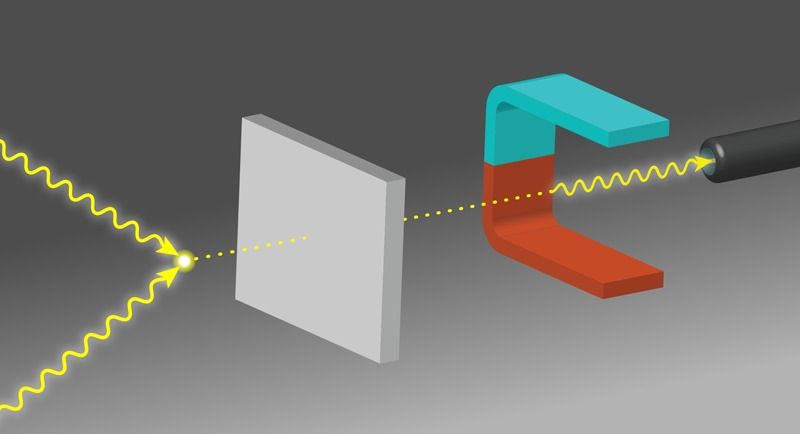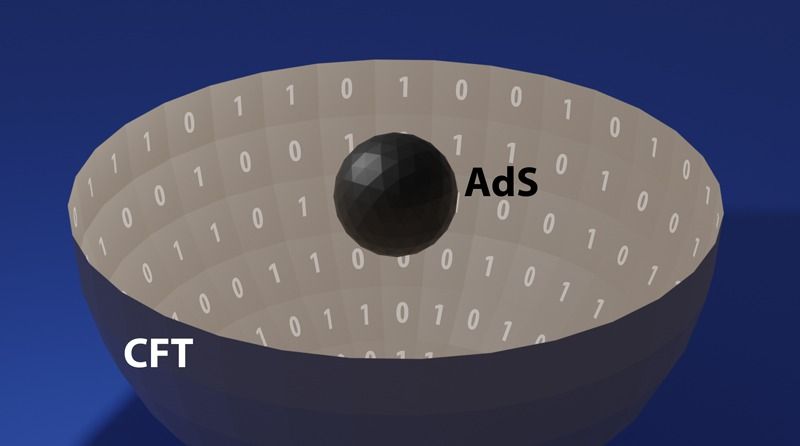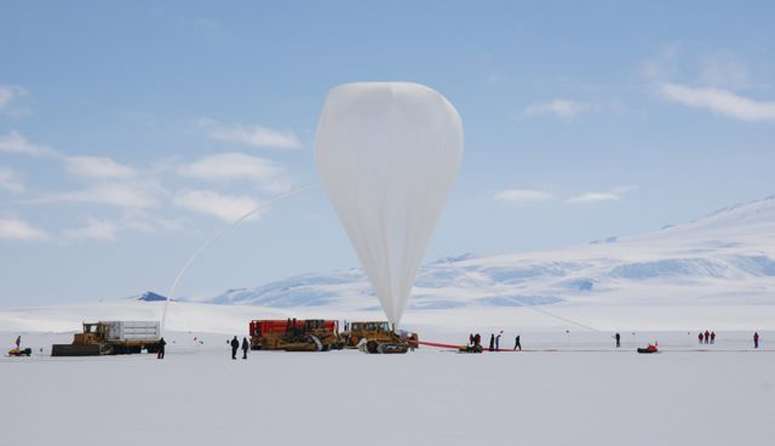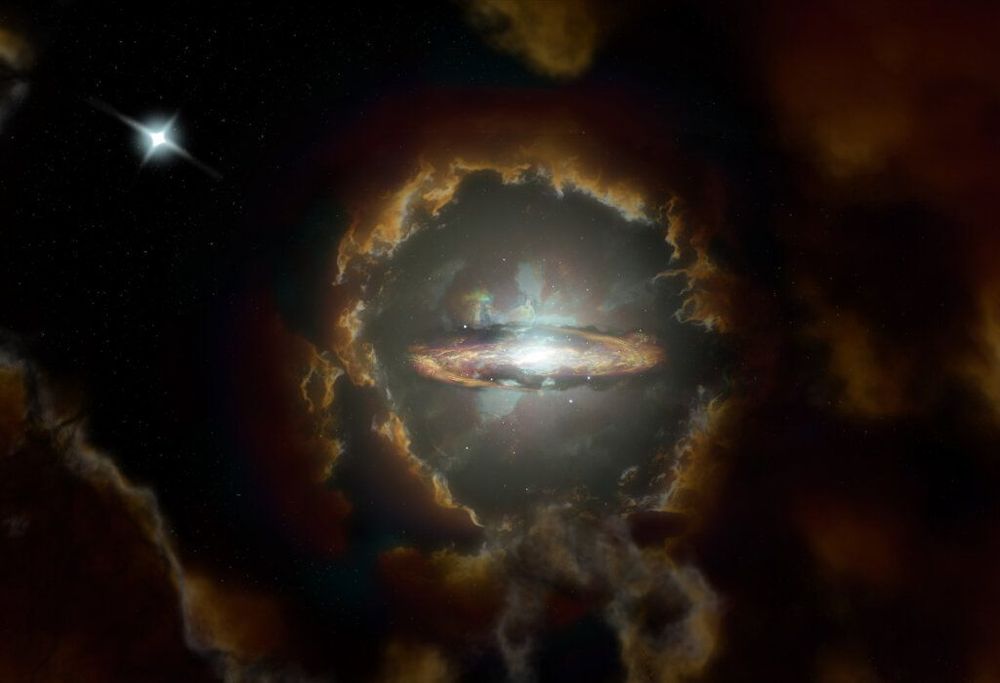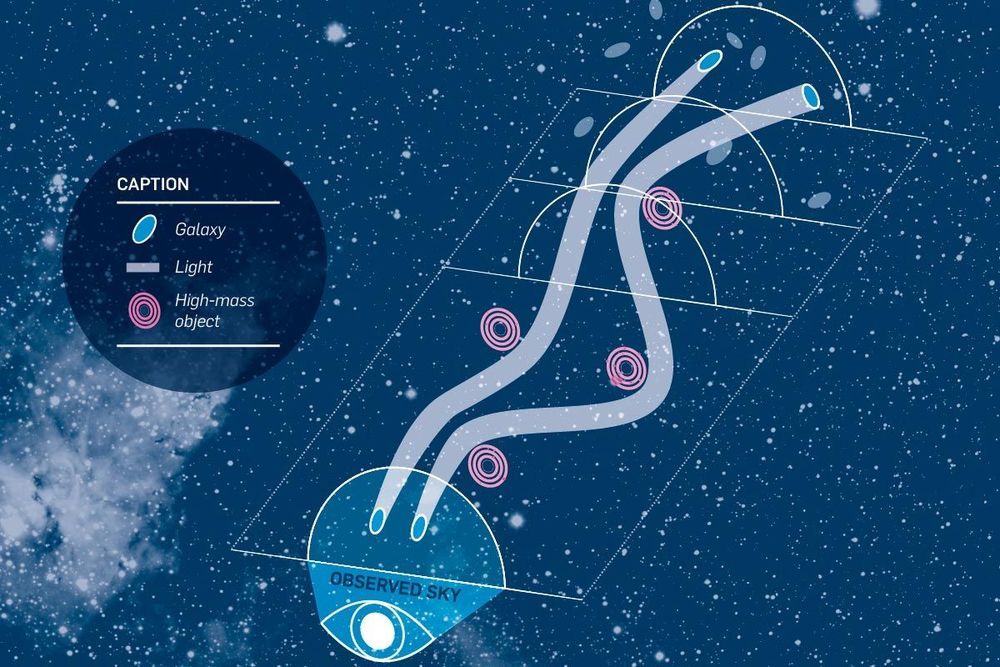Researchers at MIT and elsewhere have combined the power of a super collider with techniques of laser spectroscopy to precisely measure a short-lived radioactive molecule, radium monofluoride, for the first time.
Precision studies of radioactive molecules open up possibilities for scientists to search for new physics beyond the Standard Model, such as phenomena that violate certain fundamental symmetries in nature, and to look for signs of dark matter. The team’s experimental technique could also be used to perform laboratory studies of radioactive molecules produced in astrophysical processes.
“Our results pave the way to high-precision studies of short-lived radioactive molecules, which could offer a new and unique laboratory for research in fundamental physics and other fields,” says the study’s lead author, Ronald Fernando Garcia Ruiz, assistant professor of physics at MIT.
